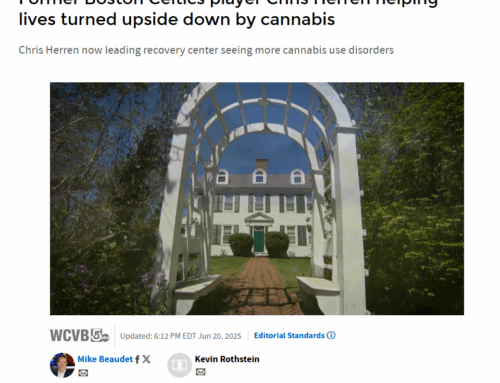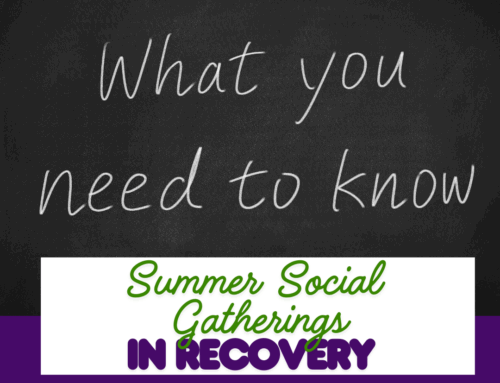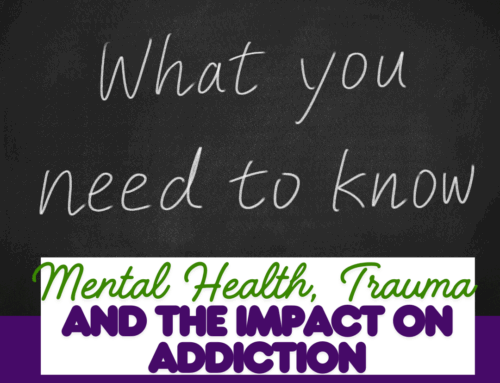
It’s the start of 2022, and that means the return of the Dry January challenge. It is estimated that one in seven Americans are participating.
What started as a public health campaign in the UK eight years ago has grown into a popular way in which people kickoff and reset their New Year. For 31 days participants remain alcohol-free and gain many benefits from improved sleep to a boost in the immune system.
Some argue, however, that Dry January has its drawbacks: such as feeding into the belief that heavy drinking for the other 11 months of the year is acceptable, if one can abstain for a month.
In this blog we dive into this debate and weigh in with a Herren Wellness perspective.
Pros of Dry January
Dry January is a great way to start the New Year, participants have the opportunity to boost their physical and emotional health, while reevaluating their relationship with alcohol.
Health benefits of abstaining from alcohol for one month:
-
Better Sleep: Some think that drinking alcohol before bed improves sleep, but it does just the opposite. Alcohol forces you to slip into a deep sleep right away skipping other vital stages, which results in lighter and less restorative sleep overall. Getting better sleep has lots of health benefits, from improving your memory to reducing your risk of heart disease.
-
Weight Loss: Alcohol contains a high number of calories and high levels of sugar which is metabolized as fat. Cutting alcohol for a month reduces that caloric intake and also increases energy providing motivation to exercise.
-
Stronger Immune System: Alcohol has been shown to decrease levels of disease fighting immune cells in the body, and also lowers levels of key microbiome in the gut. With the current spike of COVID-19 in the US, immunity is top of mind and starting the New Year alcohol free may lower the risk of serious illness from the virus (research is still pending on the extent).
-
Your Mood Will Improve: While a glass of wine may temporarily lift mood, alcohol exacerbates anxiety and depression. Many people fall into the cycle of temporary relief from alcohol, followed by a decline in well-being, and a return to the quick fix. While stopping drinking for a month won’t cure underlying mental health conditions, it gives participants the opportunity to evaluate their mood without the interference of alcohol, and reach out for professional help if needed.
-
You’ll Save Money: Alcohol is expensive… if you go out for drinks once a week, with cocktails costing upwards of $15, you could be saving $120 or more in January. This can be put towards savings or treating yourself to some self care to start the New Year off right.
-
Your Skin Complexion May Improve: Alcohol is a diuretic and drains hydration from the body, including the skin. Additionally, research has shown that the toxins in alcohol can speed up your skin’s aging process. A 31 day break allows the skin to maintain proper hydration and can begin the restoration process.
Perhaps the most important benefit (in our opinion) is the change in relationship to alcohol. Some may realize that they don’t need to mindlessly pour their nightly drink, that the overall benefits from Dry January outweigh the short-lived gratification. On the other hand, some may realize that getting through 31 days alcohol free was a struggle, and that they rely on alcohol more than expected. Research conducted in the UK surveying Dry January participants showed positive results in a change in attitude towards drinking:
-
82% think more deeply about their relationship with alcohol
-
76% learned more about when and why they drink
-
71% realized they don’t need a drink to enjoy themselves
Cons of Dry January
While Dry January has it’s benefits, some physicians and professionals in the substance use disorder field have concerns:
Josh Smith is the director for the Center of Drug and Alcohol Programs at the Medical University of South Carolina. He said that heavy drinking leading up to Jan. 1 and heavy drinking on Feb. 1 — as a way to celebrate completing the program — could indicate risky drinking behavior, even if participants strictly follow Dry January’s rules.

“There’s a difference between quitting drinking and pressing pause,” said Smith, who worries that heavy drinkers could be using a month of sobriety to make excuses for abuse, dependence or addiction the other 11 months of the year. (Source)
Smith has a point, oftentimes a person struggling with substance use disorder will get stuck in the denial stage, and look to any “evidence” that they do not have a problem. Following this rationale, if they can put down a substance for a month, then they do not have a substance use issue. The difficulty with this is two-fold: binge drinking is not seen as a problem, and people assume that an issue with alcohol implies dependence. While Dry January can be a self reflective time for some, for others it may prolong denial and excuse binge drinking.
Other drawbacks of Dry January:
-
Withdrawal symptoms: Heavy drinkers who suddenly abstain from alcohol may experience withdrawal symptoms like headache, fatigue, and nausea. Some may be at a higher risk of severe symptoms like seizures and delirium. Consult with a doctor before joining the challenge.
-
Less Socialization: While socializing should not depend on drinking, participants report less social contact during the challenge. This can cause feelings of loneliness or isolation from your contacts.
-
Health Benefits are Reversed: During a month of abstinence from alcohol, your health improves, however, the health benefits can be lost by drinking again when the month ends.
-
Not Enough Research: Experts say the popularity of Dry January does not confirm its effectiveness, as this type of campaign has had no rigorous evaluation. Accurate statistics are difficult because the participant pool is unknown (as is their relationship with alcohol).

At Herren Wellness we support the Dry January challenge because it is an opportunity to enhance well-being, and reevaluate your relationship to alcohol. Alcohol (and other substances) have become such an ingrained part of our culture and daily life, that it is accepted and not questioned. Having the chance to take a break and see the role alcohol plays can be a gateway to a sober life. Even if sobriety is broken after the 31 days, a seed can be planted for recovery… and that is an invaluable take-away.
About Herren Wellness
When you come here, you are immediately connected with a thriving community of people at all stages of their recovery journey. We introduce healthy habits and routines centered around emotional, physical, and spiritual wellness that provide a solid foundation for rediscovering your interests, experiencing joy in sobriety, and building structure and routine.
We provide several alumni support communities, including a weekly recovery support group, monthly alumni meeting, and an online alumni community you can access anytime. Your connection to Herren Wellness doesn’t end when your stay ends; we are there for you throughout your recovery journey.
If you, or a loved one, are looking for help, please call us at (844) 443-7736, email us at info@herrenwellness.com, or fill out a contact form. You are not alone.





